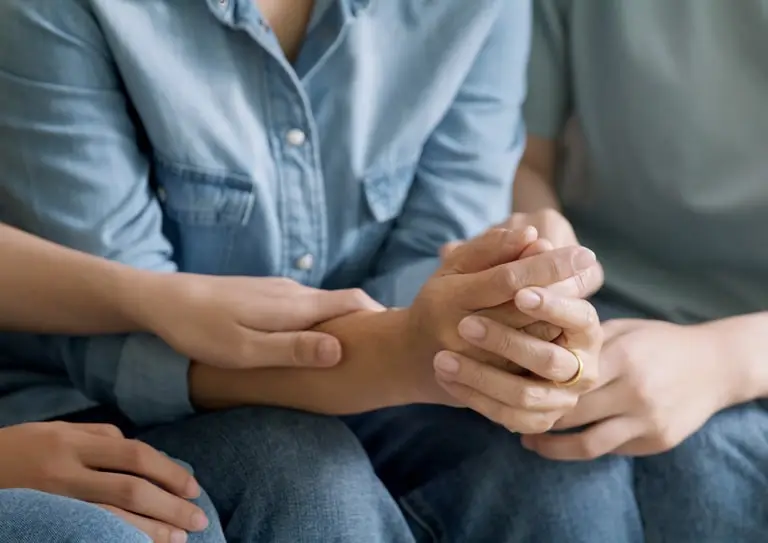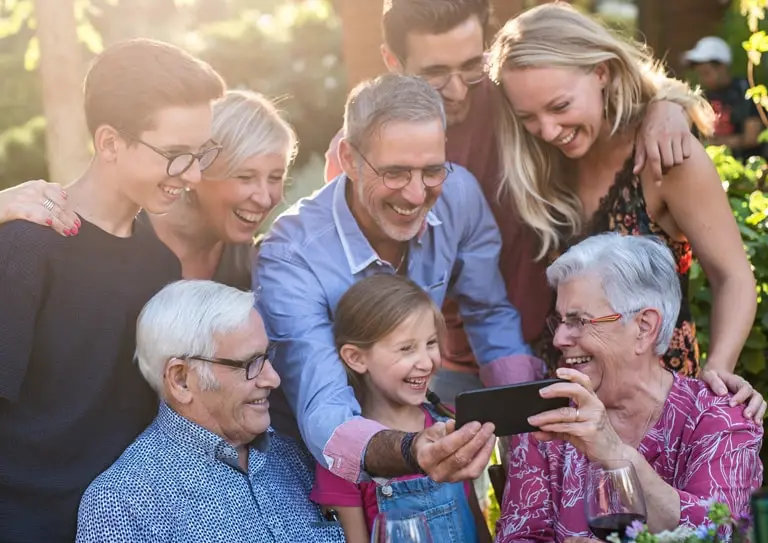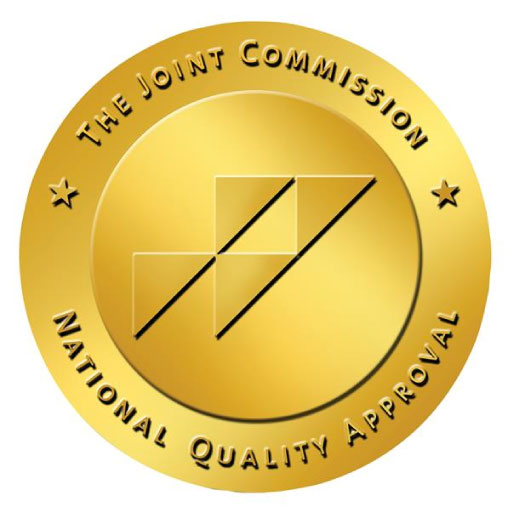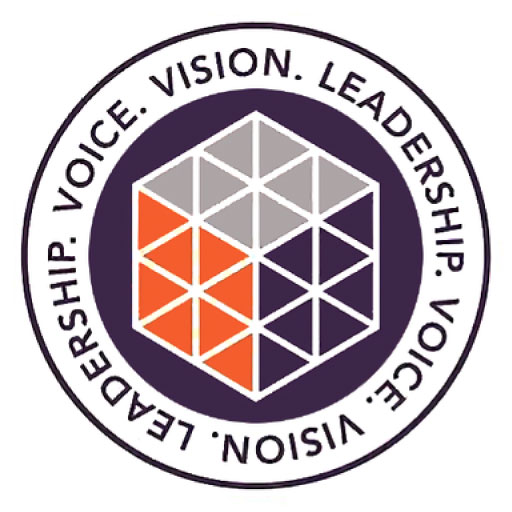In 2017, Kevin Simmers, a former narcotics officer, did everything he could to combat the opioid epidemic. He arrested many people who’d been struggling with addiction because that was his goal; but he was in for a major lesson. According to WAMU 88.5, at 18 years old, Kevin’s daughter began battling addiction, too – and suddenly, Kevin learned that it’s much more than simply putting away people who needed help. He stated,
“At Christmas we had a conversation. Her addiction had grown and she was now shooting up with heroin every day.”
Even after having had years of experience as a narcotics officer, Kevin learned through this experience just how complex the disease of addiction is. After a few brief attempts at treatment, his daughter passed away of a heroin overdose, and his heart shattered.
We help people with addictions and substance use disorders recover. Get mindfulness training and learn the 12 Steps for deeper healing.
Addiction is a Family Disease
The National Council on Alcoholism and Drug Dependence (NCADD) explains that for family members, a series of ups and downs can affect nearly every aspect of their lives. The family system is disrupted when addiction is involved, because family members typically must take on new roles and responsibilities to make up for that of their loved one. Family members often go through a variety of stressful situations where it’s hard to determine what the most appropriate action would be – especially when that action directly affects their addicted loved one. In 2016, writer Howard Weiss-Tisman wrote about the stories of many family members who shared their experience via State of Recovery, an effort of VPR Radio to shed light on addiction and recovery. He stated,
“One woman’s not sure if she should continue supporting her son or cut him off. She’s worried that he’ll end up on the street, or worse. Another woman says her son is in a rehab clinic in Florida, and she’s hoping for the best. A third says she finally had to call the police when her son started stealing from her.”
Family members may experience a number of painful emotions and situations when their loved one is addicted, such as:
- Depression – because their loved one isn’t acting like their loved one; suddenly the person they thought they knew is completely different
- Anxiety – regarding how to act, how to handle situations and what to say to their loved one in order to convince them to seek help
- Anger – with themselves and with their loved one for having to go through these upsetting situations
- Guilt – for feeling as though it’s their fault that their loved one is struggling with addiction. Typically thoughts with this are: “I should’ve been more involved in his/her life,” “I didn’t tell them I loved them enough,” “I can’t believe I let them get this bad,” etc.
- Stress – between trying to manage their relationship with their addicted loved one, in addition to managing other responsibilities and attempting to keep the family dynamic afloat
Dr. Tian Dayton, an expert on addiction, explains that the dynamic of families becomes disturbed when addiction is involved; oftentimes, family members do not feel free to express themselves, and children may begin taking on added responsibilities in order to try and maintain the functionality of the family. Dr. Dayton mentioned several other effects that addiction can have on the family, such as:
- Genuine feelings become hidden under strategies for pleasing or withdrawing
- The family becomes organized around trying to manage the loved one’s addiction
- Unhealthy communication strategies may occur between family members as stress rises: yelling, withdrawing, criticizing and even domestic violence can enter the family situation if stress swells too far out of control
- Family members may feel they’re “walking on eggshells”
- Certain topics may stop being discussed as a family, especially if family members don’t want to confront the pain with one another
- Those family members who dare to confront the disease may be viewed as a “family traitor”
Writer Brian Neese from Alvernia University highlights several roles that family members may take when a loved one is addicted:
The Hero: This person tries desperately to make the family look good; they always seem “put together,” but they do not feel comfortable expressing how they feel with other members
The Mascot: This person tells jokes and tries to turn the focus away from the painful truth of the situation. They may feel embarrassed, fearful or even angry
The Scapegoat: This person engages in negative behavior to turn attention away from the loved one who is struggling with addiction; they themselves may even turn towards substances
The Lost Child: This person withdraws from the situation altogether. They care deeply, but they “check out” to avoid drama
The Caretaker: This family member feels personally responsible for keeping the family together, but they end up enabling their loved one as they take over their responsibilities.






